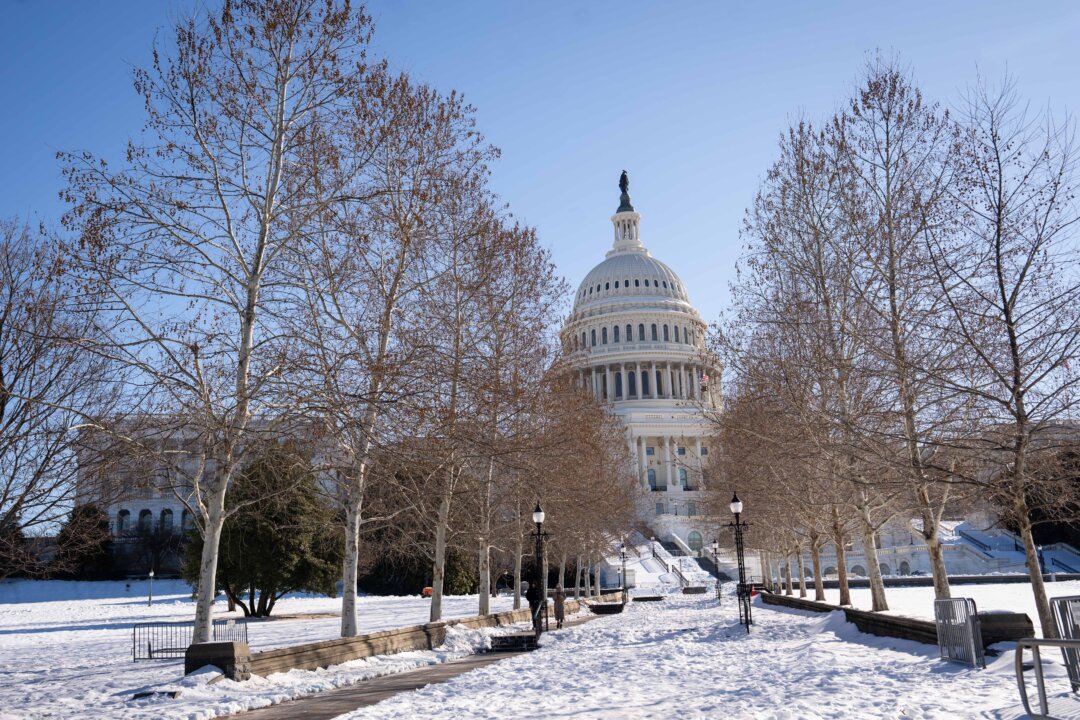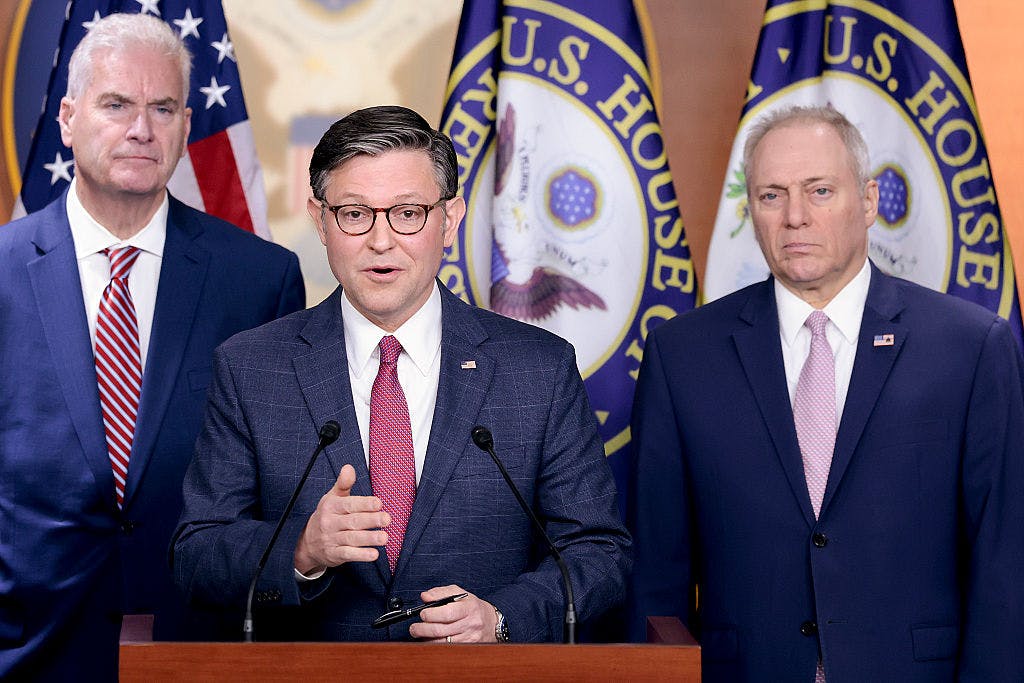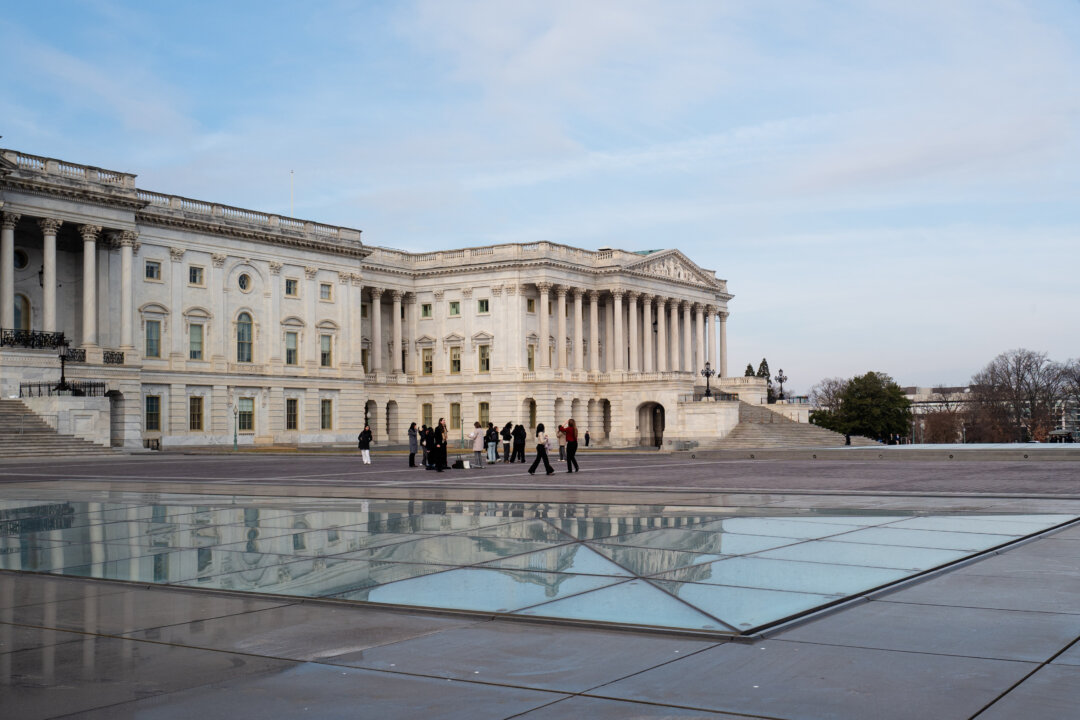House sends short-term spending bill to Senate to avoid shutdown
The U.S.House of Representatives passed a short-term government funding deal (a continuing resolution) on Friday to keep the government funded until November 21. The bill successfully passed 217-212, with most Republicans voting in favor and the majority of Democrats opposing it due to the lack of healthcare concessions. Two Republicans voted against the bill, and one democrat voted for it. The resolution includes increased funding for member security, including a $30 million mutual aid fund and additional funds requested by the Trump administration for executive and judicial branch security. It also provides $1 billion to fix the District of Columbia budget.this spending deal now moves to the Senate, where its approval remains uncertain as senate Democrats pledge to align with their House colleagues. The Senate’s final decision,particularly the role of Minority Leader Chuck schumer,will be closely watched.
House passes short-term spending deal with fate uncertain in Senate
The House of Representatives passed a short-term spending deal on Friday to fund the government until late November, sending the legislation to the Senate, where eyes are on Democrats to see whether they will stay united with a majority of their House colleagues.
The lower chamber passed the continuing resolution 217-212. Two Republicans voted against the CR, and one Democrat voted in favor of the bill. However, the majority of the Democratic caucus remained united against the legislation, after the continuing resolution that keeps funding levels flat failed to include healthcare concessions.
The bill keeps the government funded until Nov. 21, punting the deadline another seven weeks as appropriators continue to negotiate and work to pass all 12 appropriations bills through both chambers of Congress.
The majority of Democrats voting against the bill did not come as a surprise.
House Minority Leader Hakeem Jeffries (D-NY) said during a press conference ahead of the vote that Democrats were a “hard no” on the continuing resolution, noting the lack of healthcare concessions in the bill. Democratic Caucus Chairman Pete Aguilar (D-CA) said the party would not “rubber stamp” a CR “that does nothing to fix the healthcare crisis [the GOP] created.”
The caucus put up a Democratic motion ahead of the CR vote that would strike the text of the Republican bill and replace it with the Democratic proposal that would keep the $30 million mutual aid fund and include an additional $90 million for House enhanced security programs, $66.5 million for the Senate sergeant-at-arms, and $140 million for the Supreme Court and federal courts. But it failed along party lines.
Unlike other recent CRs, House GOP leaders expressed more confidence that they would have the votes for the legislation, given that it was “clean” and that there was significantly less member drama. Fiscal hawks such as Reps. Chip Roy (R-TX) and Ralph Norman (R-SC), rabblerousers who have fought leadership on spending deals in the past, voted for the bill without any pushback.
A handful of Republicans were on watch during the CR vote: Reps. Thomas Massie (R-KY), Victoria Spartz (R-IN), Marjorie Taylor Greene (R-GA), Tim Burchett (R-TN), and Warren Davidson (R-OH). All had expressed that they were either hard “nos” or were undecided heading into the vote.
But there was no standoff on this vote. Only Massie and Spartz voted against the bill, and Rep. Jared Golden (D-ME) was the sole Democrat to vote “yes.”
Both House Speaker Mike Johnson (R-LA) and Majority Leader Steve Scalise (R-LA) said before the vote that they were sure they would have the numbers to pass the bill.
Included in the bill is a $30 million boost for member security in a law enforcement mutual aid fund and a $58 million request from the Trump administration for security increases for the executive and judicial branches. It also includes a $1 billion funding fix for the District of Columbia budget.
The security increase comes after the assassination of Charlie Kirk last week, which led several members to express concerns about their own safety, ability to hold events, and travel in their districts.
A private security pilot program for members, which was set to expire on Sept. 30, is not included in the CR. However, the House Administration Committee reappropriated funds to increase the pilot program stipend from $5,000 a month to $10,000.
Johnson told reporters ahead of the CR vote that there could be another vote on a stand-alone measure on lawmaker security funding in October. He said the $30 million and $58 million figures were a good start.
CHARLIE KIRK RESOLUTION VOTE PUTS HOUSE DEMOCRATS IN THE SPOTLIGHT
“But of course, we have many more people serving here than in these other branches, and so we’ll have to address that, probably in another measure when we return in October,” Johnson said.
The GOP’s CR now heads to the Senate. The upper chamber is expected to vote on both the Democratic proposal, which is likely to fail, and the Republican bill, whose fate is up in the air. Senate Democrats have promised that they are in lockstep with their House counterparts, but eyes will be on Senate Minority Leader Chuck Schumer (D-NY) to see whether he assists the GOP like he did in March.
" Conservative News Daily does not always share or support the views and opinions expressed here; they are just those of the writer."




